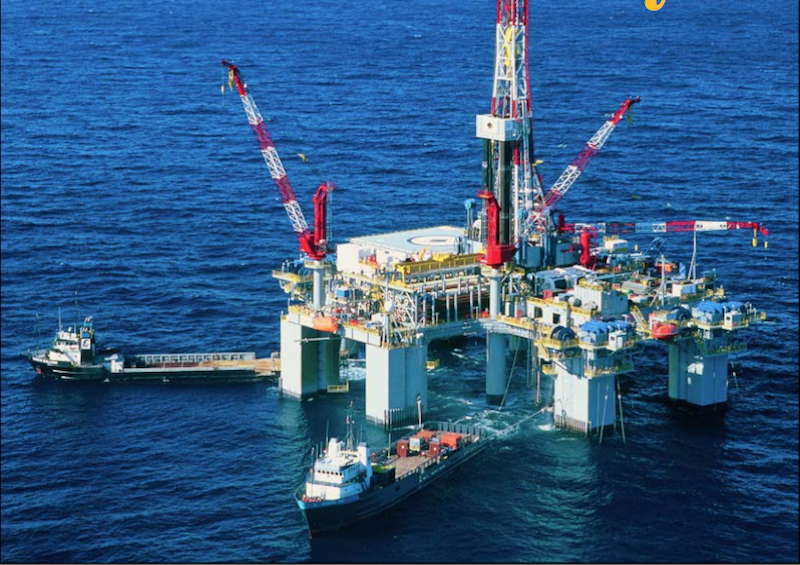Though the deepwater Gulf of Mexico has yet to recoup the drilling moxie of five years ago, the sector has become more economically competitive with short-cycle shale plays, thanks largely to tie-backs into existing infrastructure.
Chevron, for one, says operating expenses in the deepwater Gulf have dropped to below $10 bbl., a significant reduction from the average opex recorded in 2014. “In terms of the Gulf of Mexico, we’ve seen our unit development cost come down to where we are now targeting $16 to $20 a barrel for new facilities and projects,” James Johnson, executive vice president, upstream, told analysts in a Nov. 1 conference call.
The widespread game plan of tying new wells into existing production facilities not only reduces costs but takes away the quick payback advantage of shale, which is already struggling with diminished investor appetite.
“As you look at the short cycle of the tie-back strategy operators are using in the Gulf, it really makes the shale and offshore a lot more equal from an investment point of view,” said Rystad Energy analyst Joachim Milling Gregersen, who tracks the Gulf of Mexico as part of the Norwegian consultancy’s upstream team. “With that in mind, we see investments increasing and we expect that to continue going into 2020.”
On the basis of average operating days, Rystad expects overall Gulf drilling activity at year-end 2019 to match 2018, which was up from the year prior but still accounted for only half of the cumulative 12,000 drilling operating days recorded in the 10-year high water mark of 2014. Notably, the past five years have seen a steady decline on the shelf with nearly all new drilling now concentrated in deeper waters. “Looking exclusively at deepwater, drilling picked up last year, while shallow water drilling has become less and less attractive,” Gregersen said in an interview. “As for new drilling, I think there will be an eagerness to explore more frontier areas, like the Wilcox and Norphlet, surrounding existing discoveries."
Diamond Offshore Drilling agrees that deepwater is narrowing the once wide competitive gap with shale. “It (deepwater) remains an important part of the supply stack for our clients. And the question becomes, when is shale going to rollover?” President and CEO Marc Edwards said in an Oct. 28 earnings call. “There are some data points out there that suggests we are beginning to see the beginning of that.”



.JPG.small.400x400.jpg)

